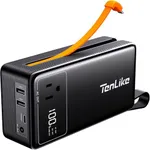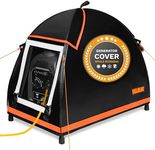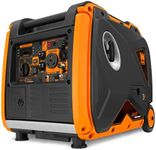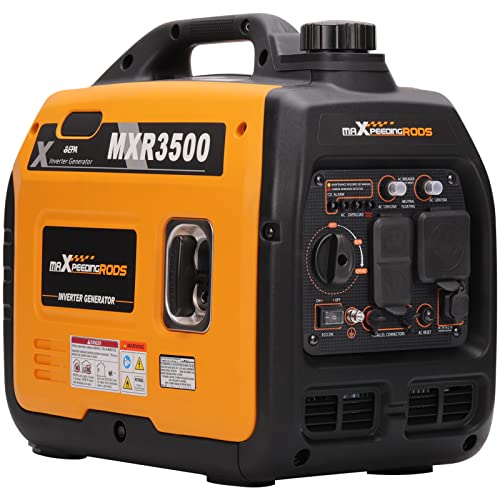Buying Guide for the Best Generator 3500 Watts
Choosing the right generator can be a crucial decision, especially if you need reliable power for your home, RV, or job site. A 3500-watt generator is a versatile option that can handle a variety of tasks, from running essential appliances during a power outage to powering tools on a construction site. To make the best choice, it's important to understand the key specifications and how they relate to your specific needs.Power OutputPower output, measured in watts, indicates how much electrical power the generator can produce. A 3500-watt generator can typically run multiple small to medium-sized appliances or a few larger ones. To determine if this is sufficient for your needs, list the devices you plan to power and check their wattage requirements. If the total wattage is within the generator's capacity, it should be a good fit.
Fuel TypeGenerators can run on various types of fuel, including gasoline, propane, and diesel. Gasoline is common and easy to find, but it has a shorter shelf life. Propane is cleaner and can be stored indefinitely, but requires a separate tank. Diesel is efficient and long-lasting but can be harder to find. Choose a fuel type based on availability, storage, and your preference for convenience and environmental impact.
Run TimeRun time refers to how long the generator can operate on a full tank of fuel. This is important for planning how often you'll need to refuel, especially during extended use. Generators with longer run times are more convenient for overnight use or long workdays. Consider your typical usage duration and choose a generator that can meet those needs without frequent refueling.
Noise LevelNoise level, measured in decibels (dB), indicates how loud the generator will be during operation. Lower decibel levels mean quieter operation, which is important for residential areas, camping, or any situation where noise might be a concern. If you need a generator for quiet environments, look for models with lower noise levels, typically under 70 dB.
PortabilityPortability refers to how easy it is to move the generator around. This can be influenced by the generator's weight, size, and whether it has wheels or handles. If you need to transport the generator frequently, such as for camping or job sites, look for a lightweight model with built-in wheels and handles for easier maneuverability.
Starting MechanismGenerators can have different starting mechanisms, including manual recoil start, electric start, or remote start. Manual recoil start is reliable but requires physical effort. Electric start is more convenient and easier to use, while remote start allows you to start the generator from a distance. Choose a starting mechanism based on your preference for convenience and ease of use.
Safety FeaturesSafety features such as automatic shut-off, overload protection, and low-oil indicators are crucial for preventing damage to the generator and connected devices. These features help ensure safe operation and longevity of the generator. Look for models with comprehensive safety features to protect both the generator and your appliances.
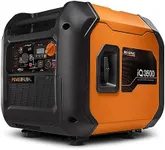
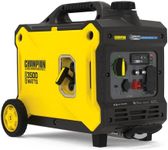
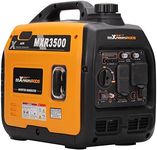
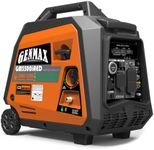

![[Upgraded Version] ALLPOWERS S2000](https://images-proxy.bestreviews.guide/YtTaRg6uNv-LaNq9_7sPyzjq62s=/0x150/https://m.media-amazon.com/images/I/31g7wSEKaOL._AC_CX679_.jpg)


